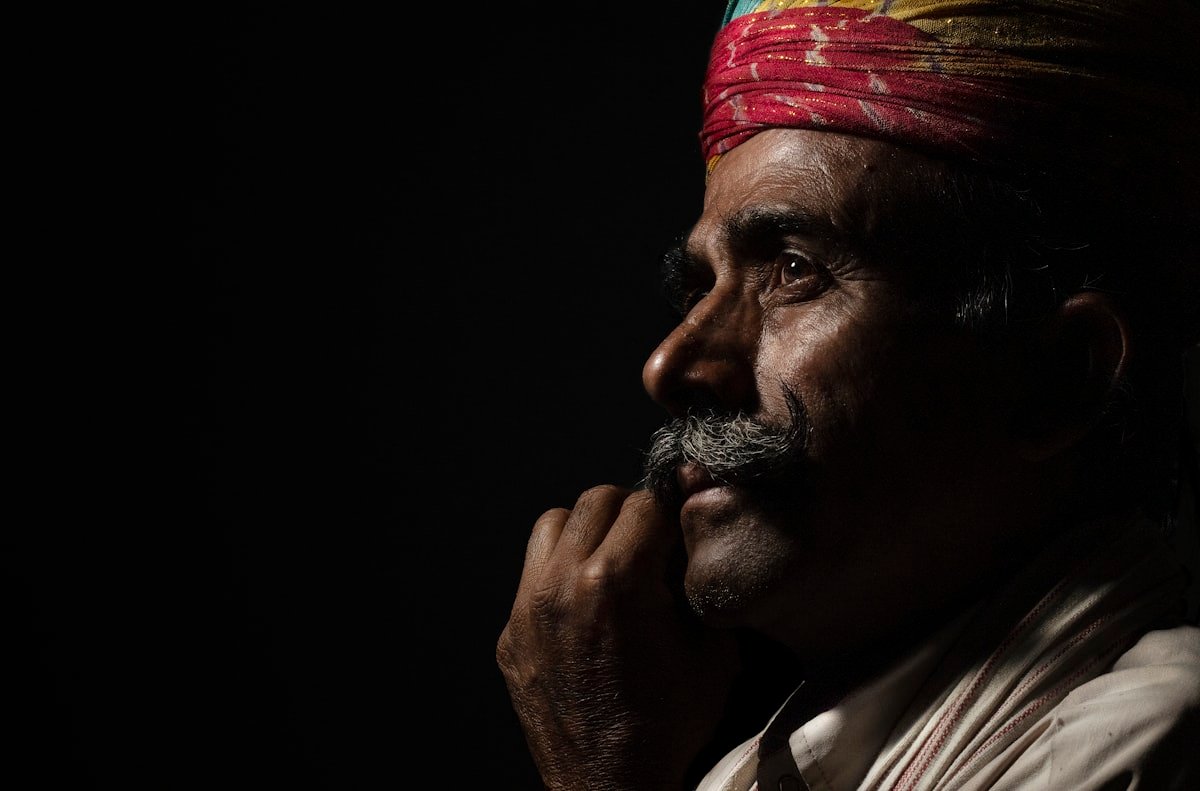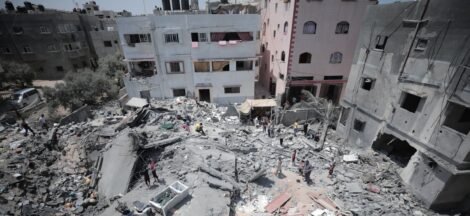# U.S. Designates Pakistani Baloch Separatists as a Foreign Terrorist Group in 2025
Understanding the Baloch Separatists Terrorist Designation
In a significant move in 2025, the United States officially designated Pakistani Baloch separatists as a Foreign Terrorist Organization (FTO). The Baloch separatists terrorist designation marks a pivotal shift in U.S. foreign policy, recognizing the group’s involvement in violent activities that threaten regional stability. This decision underscores Washington’s commitment to countering extremism while also influencing geopolitical dynamics in South Asia. The Baloch separatists terrorist designation has drawn mixed reactions, with some praising it as a necessary step against militancy, while others argue it could exacerbate tensions in Balochistan.
The Baloch separatist movement has long sought independence from Pakistan, citing political marginalization and economic exploitation. However, recent escalations in attacks on security forces and civilian infrastructure prompted the U.S. to take action. By labeling them under the Baloch separatists terrorist designation, the U.S. aims to curb their funding, restrict travel, and impose sanctions on affiliated individuals and entities. This move aligns with broader counterterrorism efforts but also raises questions about its implications for human rights and regional diplomacy.
Historical Context of Baloch Separatism
Balochistan, Pakistan’s largest province by area, has been a hotbed of separatist activity for decades. The region’s rich natural resources, including gas and minerals, have fueled grievances over economic disparity and federal neglect. Baloch nationalists argue that Islamabad exploits their resources without fair compensation, leading to widespread discontent. Over the years, militant factions within the movement have carried out attacks against government installations, Chinese-funded projects, and security personnel.
The U.S. decision to apply the Baloch separatists terrorist designation comes after years of monitoring the group’s activities. Intelligence reports indicate increasing collaboration between Baloch militants and transnational terrorist networks, raising alarms in Washington. Pakistan has repeatedly urged the international community to take stronger action against these groups, framing them as threats to regional security. However, human rights organizations caution that the designation could legitimize excessive force against civilian populations in Balochistan.
Geopolitical Implications of the Terrorist Designation
The Baloch separatists terrorist designation carries significant geopolitical weight, particularly in U.S.-Pakistan relations. Historically, Washington and Islamabad have had a complex partnership, oscillating between cooperation and mistrust. This move signals a hardening U.S. stance on Pakistan-based militant groups, even as it seeks to strengthen ties with India, Pakistan’s regional rival. The decision may also impact China’s Belt and Road Initiative (BRI), as Baloch militants have frequently targeted Chinese workers and infrastructure in the region. For additional perspective, see our post on wall street drop: biggest decline since may explained.
For Pakistan, the designation provides diplomatic leverage to justify its counterinsurgency operations in Balochistan. However, critics argue that it could further alienate the Baloch people, deepening resentment and fueling more violence. The U.S. must balance its counterterrorism objectives with the risk of exacerbating human rights abuses in the region. Additionally, the move could influence other nations to reconsider their stance on Baloch separatists, potentially isolating the group internationally.
Impact on Counterterrorism and Regional Security
The Baloch separatists terrorist designation empowers the U.S. to take stronger legal and financial measures against the group. By freezing assets, restricting travel, and prosecuting supporters, Washington aims to disrupt their operational capabilities. This aligns with broader global efforts to dismantle terrorist networks, particularly those with cross-border influence. However, experts warn that military and economic pressure alone may not address the root causes of Baloch militancy, such as political disenfranchisement and economic neglect.
Pakistan’s military has intensified operations in Balochistan following the U.S. designation, claiming significant successes against militant hideouts. Yet, reports of enforced disappearances and extrajudicial killings continue to surface, complicating the narrative. The international community faces a dilemma: how to support counterterrorism without endorsing human rights violations. The Baloch separatists terrorist designation thus becomes a double-edged sword, offering tools to combat violence while risking further instability.
Reactions from Baloch Activists and Human Rights Groups
Baloch political activists and human rights organizations have condemned the Baloch separatists terrorist designation, arguing that it conflates peaceful dissent with terrorism. Many Baloch leaders insist their struggle is political, not militant, and fear the label will justify brutal crackdowns on civilians. Advocacy groups highlight the need for dialogue and political solutions rather than militarized responses. They urge the U.S. to reconsider the broader humanitarian impact of its decision.
Conversely, Pakistani officials and some international analysts support the designation, citing documented attacks on civilians and infrastructure. They argue that distinguishing between “moderate” and “militant” separatists is challenging, as factions often overlap. The debate underscores the complexity of labeling insurgent movements and the ethical responsibilities of foreign governments in such designations.
Future Outlook and Diplomatic Challenges
The long-term effects of the Baloch separatists terrorist designation remain uncertain. While it may weaken the group’s financial and logistical networks, it could also radicalize more Baloch youth, perpetuating the cycle of violence. The U.S. and Pakistan must navigate delicate diplomatic terrain, ensuring counterterrorism efforts do not undermine prospects for peace. International observers will closely monitor whether this move leads to de-escalation or further conflict in Balochistan. For additional perspective, see our post on extreme heat warnings cover half the u.s. – see maps.
As 2025 progresses, the global community faces critical questions about how to address separatist movements within counterterrorism frameworks. The Baloch case serves as a reminder that military and legal measures alone are insufficient without addressing underlying grievances. The Baloch separatists terrorist designation is not just a policy decision but a reflection of broader challenges in balancing security, human rights, and geopolitical strategy.

Conclusion: A Defining Moment in Counterterrorism Policy
The U.S. decision to designate Pakistani Baloch separatists as a Foreign Terrorist Organization in 2025 marks a critical juncture in global counterterrorism efforts. The Baloch separatists terrorist designation reflects evolving strategies to combat militancy but also highlights the risks of oversimplifying complex insurgencies. As stakeholders assess the implications, the focus must remain on sustainable solutions that address both security concerns and the legitimate grievances of marginalized communities. The world will be watching how this decision shapes the future of Balochistan and regional stability.




 Trump Backs Nvidia’s Scaled-Down GPU Deal in China
Trump Backs Nvidia’s Scaled-Down GPU Deal in China